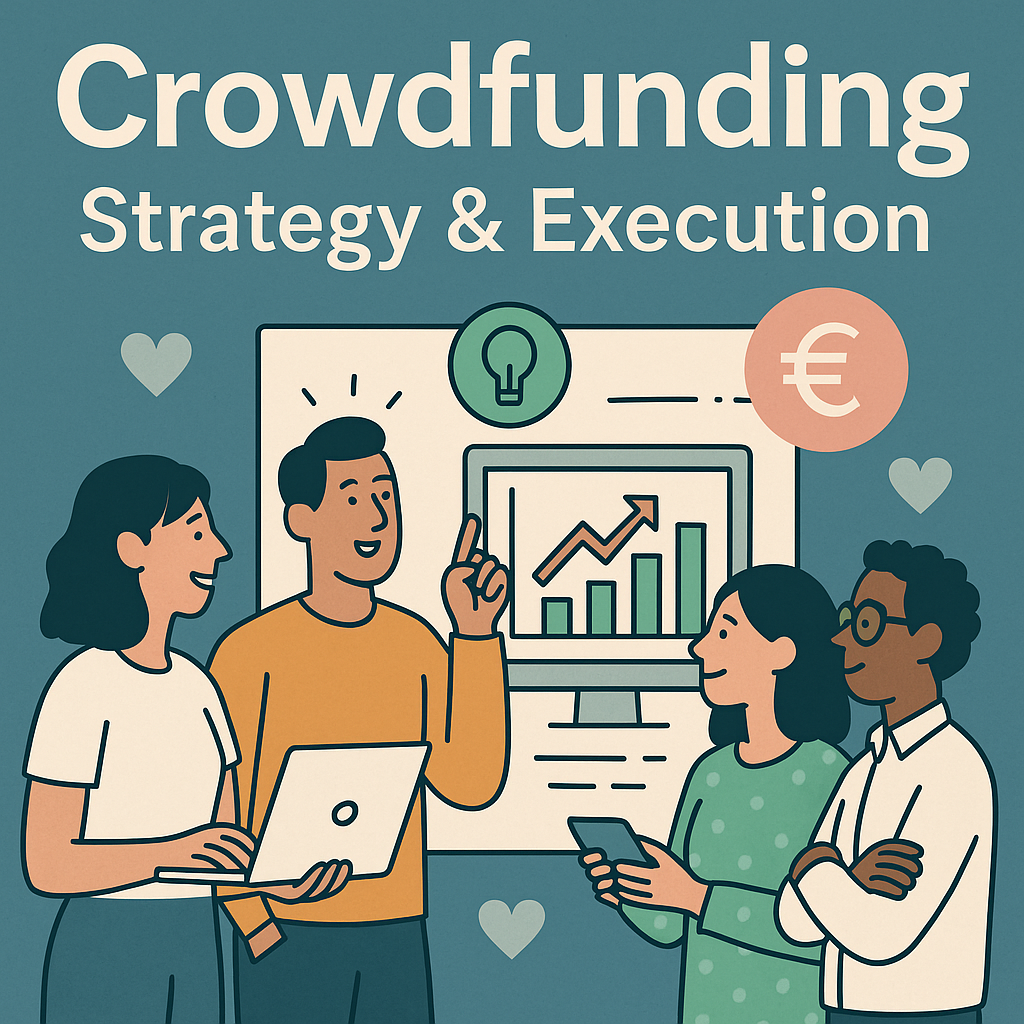

Crowdfunding
Since crowdfunding became a standard model for fundraising, it has been used as a force for good in the education sector in a variety of ways. I take a look at 3 successful campaigns from the education sector and dissect the various elements that led to their success.
The goal: raise $5mil to enable 100 million students to codeThe result: Over $5mil from 2877 donors
Code ran a hugely successful campaign which has bypassed the traditional means of enacting reform in the education sector. Code’s aim was to provide all students, regardless of background, the opportunity to learn one of the most valuable workplace skills; coding.
Their project goal was to raise a staggering $5mil and to use that money to set up more Hour of Code lessons in American schools. Code were in a great position whereby they had positioned themselves as the market leader in a movement very much part of the zeitgeist.

The Hour of Code campaign was referenced in a multitude of publications that were showcased on their project page; TechCrunch, Wall Street Journal, The Verge & The Next Web. If you’re planning a major education campaign, getting mentioned in various online/offline publications will be vital to the boom of your project. Just because your aims are noble doesn’t mean that your crowdfunding campaign will be successful! You must ally it with sound planning and carefully planned PR, particularly for a major campaign.
You could consider Code’s campaign in the rockstar category when considering the weight it had behind it. Celebrity backers such as Mark Zuckerberg and Priscilla Chan, John and Ann Doerr, and Rich Barton gave the campaign huge momentum and caché amongst the demographic likely to donate to this project (individuals with a tech background). This made calling for match funding much easier and is why they managed to persuade the below institutions to do so.

The push for coding education to become a standard had also been taken on by the tech sector in the preceding years. Lobbying and outreach to teachers has placed this issue at the forefront of progressive educationalists minds. Allying yourself to a movement whose intentions are part of the zeitgeist, further enhanced the reach and ambition of the project.
Goal: $200k for a brand new college for a new model of higher educationResult: $206,451 from 801 donors
The Wayfinding Academy project creators had a mission to create a college that didn’t just focus on academic success. They aimed instead to create a college focused on real world experience and passion. The Wayfinding Academy certainly set lofty ambitions in their pitch:
“The Wayfinding Academy will be an affordable, 2-year college based in Portland, Oregon focused on what matters most in education: real world experience, community support and individual passion.”

On The Wayfinding Academy’s campaign page, they break down the deficiencies in the current HE sector in the US in a way that many people can relate to:

Explaining an issue in terms people can relate to their own lives is a powerful tool that creates empathy. Where this campaign really hit home was the colourful and detailed vision they have for a new style of education. Both the copy on their campaign page & their emotive video achieved this.
The Wayfinding Academy’s pitch contained a plethora of pictures and community updates throughout the campaign which lent the campaign a personal touch. This personal touch is fundamental to the success of your campaign as it creates a relationship between yourself and the donor.
People who have already donated are more likely to want to share your project if they receive updates as they’ll feel a part of the campaign journey.

Infographics such as the ones below create an easily digestible format to quickly show information and illustrate a vision simply without using too much text.


The Wayfinding Academy is opening its doors in September 2016. This is a massive achievement on the founders and donors part. But it is also proof of concept. Going forward when the college needs to raise money, crowdfunding will be seen as the de jure method whilst conversely current and future donors to crowdfunding projects will be a lot more confident in backing them.
The goal: fund Exeter choir’s Christmas CDThe result: £4,300 from 41 donors
My final example, unlike the above major campaigns, takes a look at a smaller scale crowdfunding project created by students. Exeter College’s student choir, were looking to raise funds to cover the production costs of a new Christmas CD, the proceeds of which would be used to support the development of the choir’s performance and outreach work. They successfully raised £4300 from 41 donors.

Exeter College ran a small scale yet punchy campaign. They managed to successfully complete their campaign with relatively few donors. This is evidence of excellent planning; each choir member targeted a select bank of donors who they think would be amenable to supporting the cause.
Exeter choir had a clear and concise breakdown of where money will be spent:

If i’m going to donate money to a cause I want to know where the money is going. This simple due diligence gives donors a lot more confidence in supporting a project.
There is still a pervasive attitude among a certain demographic of potential donors that the internet is not a trustworthy platform to fundraise on, so having a clear breakdown in spending will reassure a swathe of potential donors. It’s also an excellent exercise for the project creator themselves.
By planning to such detail you can gain clarity about about what you actually need to raise.

By clicking “Accept”, you agree to the storing of cookies on your device to enhance site navigation, analyze site usage, and assist in our marketing efforts. View our Privacy Policy for more information.


